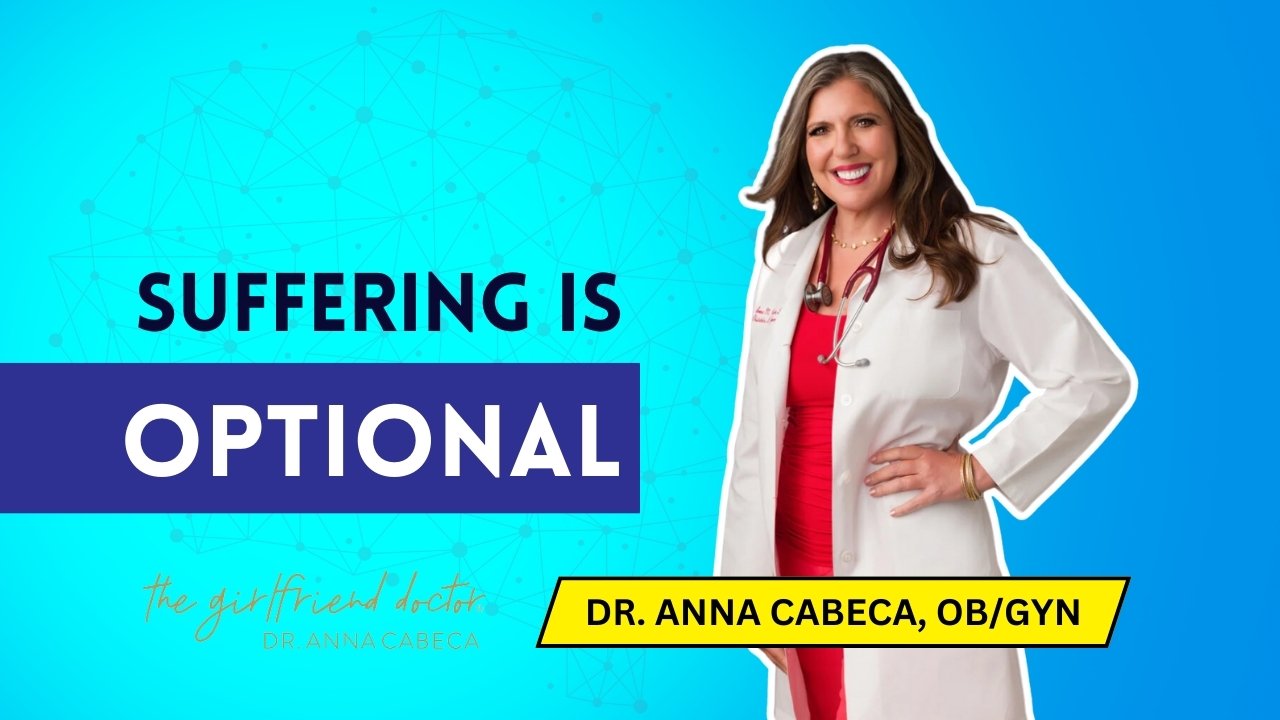The term "inflammaging" is used to describe the phenomenon of chronic low-grade inflammation that occurs as a result of aging. Inflammaging is a term coined by researchers to describe the persistent, low-grade inflammation that occurs as we age, and it's believed to be a key contributor to age-related diseases and conditions.
“Sugar is a huge factor in inflammation in the body by its effect on laying down belly fat… The more belly fat you have, the more inflammation you have… it's a vicious cycle.” Dr. Mark Hyman, MD
As we age, our immune system undergoes changes, and inflammation becomes more prevalent in the body. Inflammaging is believed to be caused by a variety of factors, including oxidative stress, mitochondrial dysfunction, and changes in the gut microbiome.
Inflammaging can contribute to a wide range of age-related conditions, including cardiovascular disease, type 2 diabetes, Alzheimer's disease, and cancer. Inflammation can also contribute to physical decline, frailty, and reduced quality of life in older adults.
Inflammation is a natural response of the immune system, but when it becomes chronic, it can contribute to a wide range of health problems. Here are some common symptoms associated with inflammation that someone might look out for:
- Joint pain: Inflammation in the joints can cause pain, stiffness, and reduced range of motion. This can be a sign of chronic inflammation, which can contribute to conditions like arthritis.
- Digestive issues: Inflammation in the gut can cause a range of digestive issues, including bloating, gas, constipation, diarrhea, and abdominal pain. Chronic inflammation in the gut has been linked to conditions like irritable bowel syndrome (IBS) and inflammatory bowel disease (IBD).
- Skin issues: Inflammation can cause a variety of skin issues, including redness, swelling, and rashes. Chronic inflammation can contribute to conditions like psoriasis and eczema.
- Fatigue: Chronic inflammation can contribute to feelings of fatigue and lethargy. Inflammation in the body can cause the release of cytokines, which can contribute to feelings of tiredness and malaise.
- Brain fog: Inflammation can also affect cognitive function and contribute to brain fog or difficulty concentrating. Inflammation in the brain has been linked to conditions like depression and anxiety.
- Allergies: Chronic inflammation can contribute to allergies and other immune-related conditions. Inflammation in the respiratory system can cause symptoms like coughing, wheezing, and shortness of breath.
“The central thing you have to do if you want to stay healthy, if you want to live a long time, if you want to feel good, if you want to avoid the chronic diseases of aging, is to address this phenomena of inflammation.” Dr. Mark Hyman, MD
Inflammation doesn't necessarily have to increase as we age. While it's true that chronic low-grade inflammation is a common occurrence in older adults, there are many factors that can influence the level of inflammation in the body.
Lifestyle factors, such as adopting an anti-inflammatory diet, getting regular exercise, managing stress, and getting enough sleep can all play a role in reducing inflammation and promoting overall health, even as we age.
Here are 8 nutrient-rich foods that have been shown to help reduce inflammation:
- Fatty fish (such as salmon, sardines, and mackerel): Fatty fish are rich in omega-3 fatty acids, which have potent anti-inflammatory effects.
- Leafy greens (such as spinach, kale, and collard greens): Leafy greens are high in vitamins, minerals, and antioxidants, which can help reduce inflammation.
- Cruciferous vegetables (such as broccoli, cauliflower, and Brussels sprouts): Cruciferous vegetables are high in antioxidants and sulforaphane, which can help reduce inflammation.
- Nuts (such as almonds, walnuts, and pistachios): Nuts are high in healthy fats and antioxidants, which can help reduce inflammation.
- Berries (such as strawberries, blueberries, and raspberries): Berries are high in antioxidants, which can help reduce inflammation.
- Avocado: Avocado is high in healthy fats and antioxidants, which can help reduce inflammation.
- Olive oil: Olive oil is high in monounsaturated fats, which have been shown to have anti-inflammatory effects.
- Turmeric: Turmeric contains curcumin, which has potent anti-inflammatory effects.
Some supplements may also help reduce inflammation especially when it’s difficult to have variety in one’s diet.
- Omega-3 fatty acids: Omega-3 fatty acids, which are found in fatty fish, fish oil, and krill oil, have been shown to have potent anti-inflammatory effects. They work by reducing the production of pro-inflammatory molecules and promoting the production of anti-inflammatory molecules.
- Curcumin: Curcumin is a compound found in turmeric that has been shown to have potent anti-inflammatory effects. It works by inhibiting the production of pro-inflammatory molecules and promoting the production of anti-inflammatory molecules.
- Resveratrol: Resveratrol is a compound found in red grapes that has been shown to have potent anti-inflammatory effects. It works by reducing the production of pro-inflammatory molecules and promoting the production of anti-inflammatory molecules.
- Probiotics: Probiotics are beneficial bacteria that live in the gut and have been shown to have anti-inflammatory effects. They work by promoting a healthy gut microbiome, which in turn can reduce inflammation.
- Vitamin D: Vitamin D is a nutrient that is essential for immune function and has been shown to have anti-inflammatory effects. It works by reducing the production of pro-inflammatory molecules and promoting the production of anti-inflammatory molecules.
- Magnesium: Magnesium is a mineral that is involved in many processes in the body, including inflammation. It has been shown to have anti-inflammatory effects and can be particularly beneficial for individuals with chronic inflammation.
Working with a functional medicine doctor or healthcare provider can help you identify the underlying causes of inflammation and develop an individualized plan to reduce inflammation and promote optimal health, regardless of age. With the right approach, it's possible to minimize the effects of inflammaging and maintain good health and vitality as we age.
Suggested Book: Young Forever: The Secrets to Living Your Longest, Healthiest Life by Dr. Mark Hyman, MD
Suggested Video: The ANTI-AGING HACKS To Reduce Chronic Inflammation & LIVE LONGER | Dr. Mark Hyman














